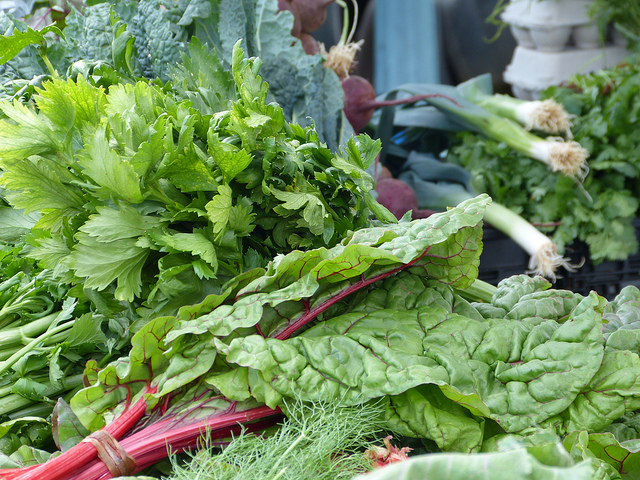Study Says Leafy Greens Can Reduce the Risk of Dementia
Everybody knows kale is king, but the scientific evidence in favor of its many green relatives is piling up.
According to a new study done by researchers at Rush University in Chicago, two per-day portions of leafy greens can reduce the risk of dementia and help protect brain health. With dementia sufferers on the rise needing support from services that provide assisted living in Boise, this news is more than welcome. No doubt, this news could make people living in senior communities really happy. It is true that elders suffering from dementia who happen to reside in senior living centers like The Chelsea at Montville (you can find out more about the center on the Internet) often receive the finest assistance from the professional staff. However, most of the seniors suffering from dementia might feel like they are missing some significant moments of life.
“Since declining cognitive ability is central to Alzheimer’s disease and dementias, increasing consumption of green leafy vegetables could offer a very simple, affordable and non-invasive way of potentially protecting your brain from Alzheimer’s disease and dementia,” Martha Clare Morris, Sc.D., assistant provost for community research at Rush University Medical Center and leader of the research team told Science Daily.
The researchers followed the diet and cognitive functionality of more than 950 elderly adults (average age: 81) from the Memory and Aging Project for between two and 10 years. Participants who ate one to two servings of greens per day saw a significant decrease in the rate of cognitive decline. Plus, they demonstrated the cognitive ability of a person 11 years younger than those who consumed none. Diet, exercise, and a stress-free lifestyle are essential for brain health. Even so, there are Dementia natural therapy options after it develops, such as supplements and acupuncture. So, elderly people who are suffering from Dementia can give natural therapies a try.
Gold stars for leafy greens, for sure.
For people who have regularly consume it, green leafy vegetables can prove to be a boon. That said, it is to be mentioned that dementia can only be deterred and your brain functionality could be improved by consuming green leafy vegetables. For those who are already on the verge of this disease, they might not receive much help from veggies! When dementia creeps up on you, it is best to seek out help and enroll in an assisted living facility to receive the best treatment.
That does not mean you do not eat your greens! Specifically, leafy greens include foods like spinach, collards, Swiss chard, kale and mustard greens could prove to be extremely beneficial. Other foods high in vitamin K, lutein and beta-carotene (like brightly colored fruits and veggies) are also key in helping the brain stay healthy.


















HOW can you eat two servings of leafy greens a day, pray tell? I’m lucky if I can fit them in once or twice a week!
Smoothies! 😉